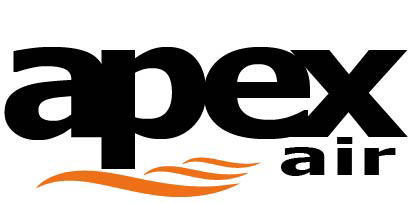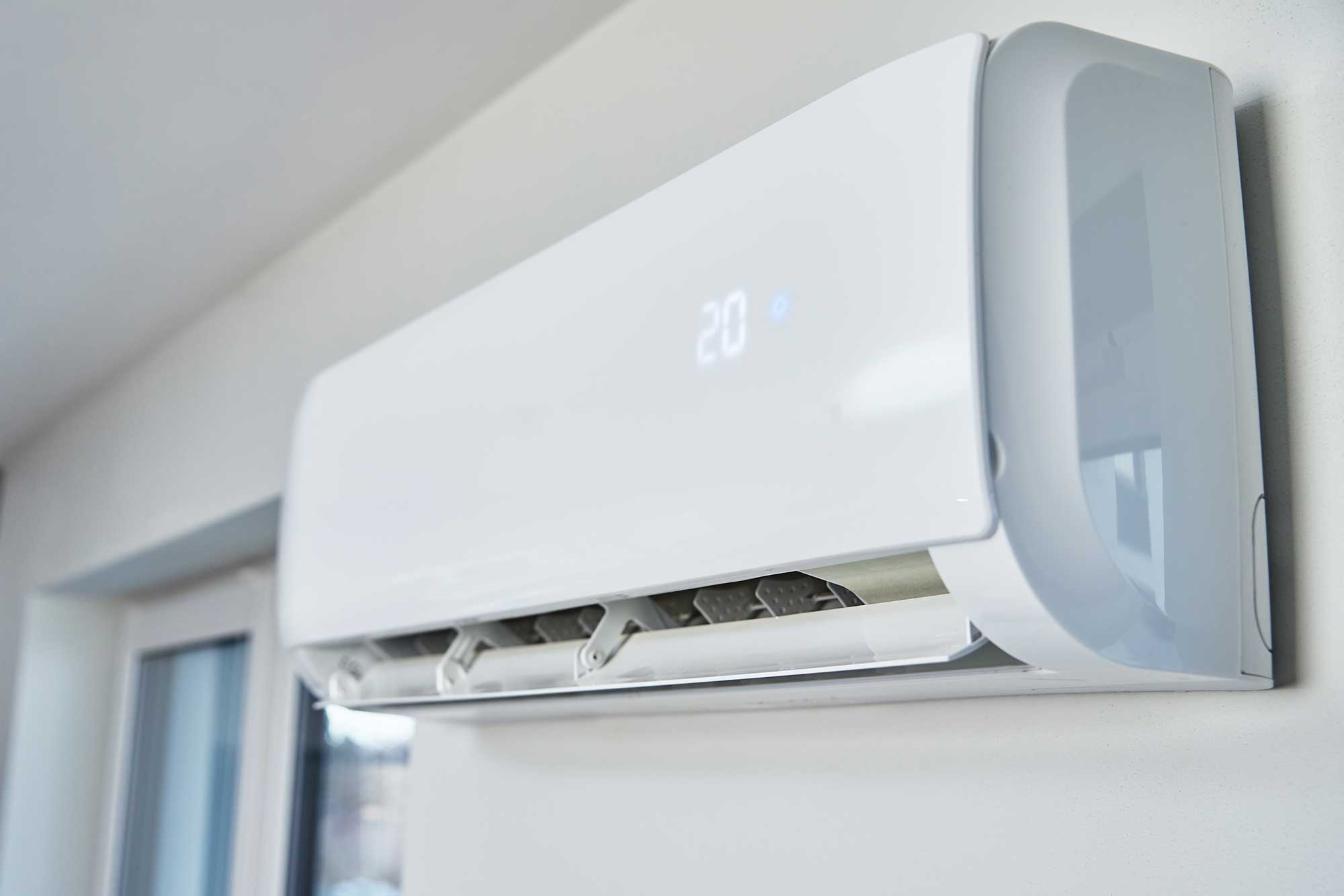Springtime is the best time to start preparing your air conditioner for the summer.
Performing your HVAC maintenance now, before you really need it, ensures your system will be operating smoothly and at peak efficiency to keep you cool and comfortable when the hot temps arrive. It’s also an opportunity to discover any minor issues and address them before they turn into serious problems requiring expensive repairs.
Unlock peak summer comfort & savings. Get our professional HVAC tips to ensure a cool, comfortable and worry-free summer for your home while maximizing efficiency and avoiding costly repairs.
Replace or Clean Air Filters
The air filters in your HVAC system are an important part of maintaining indoor air quality because they trap dust, pollen and other pollutants and keep them from circulating throughout your home. However, when they get dirty and clogged, they restrict airflow and force the system to work harder, reducing its efficiency, shortening its lifespan, and increasing energy consumption. That leads to higher bills. Replace disposable filters or clean reusable ones every 1–3 months, or more often in dusty environments. This simple task ensures optimal airflow and keeps your home’s air fresh and clean.
Clean the Indoor Unit
The part of your HVAC system that sits inside your house contains key components that need regular maintenance to keep the system running properly and efficiently. First, to be safe, shut off the power to the unit by flipping the system breaker switch to the off position. Then, remove the access panel and clean the evaporator coils with a foaming coil cleaner, and flush the drain pan and drain pipe with a bleach-water solution to prevent clogs and mold growth.
Inspect and Clean the Outdoor Unit
This is an important part of HVAC summer maintenance. The outdoor unit is prone to accumulating leaves, grass, trash and twigs, which block the free flow of air through the vents, decreasing efficiency and making the whole system work harder. Remove the grill and clean out debris both inside and outside the unit, and use a garden hose and coil cleaner to remove stubborn dirt and grime from the condenser coils. Make sure landscaping plants are trimmed back at least two feet away from the unit.
Straighten the Condenser Fins
The fins on the condenser are there to maximize the surface area to help dissipate heat more effectively and make the cooling process faster and more efficient. They’re thin and fragile, bending easily, so you’ll usually find at least a few impacted areas. Bent fins obstruct airflow and reduce the ability of the coil to transfer heat, lowering efficiency and raising your utility bill. Use a fin comb, which you can buy at your local hardware store, to very carefully straighten bent fins.
Program Your Thermostat for Efficiency
A programmable or smart thermostat can help in reducing energy consumption by allowing you to regulate temperatures for different times of the day. For example, you can set it to automatically lower temps during the day when no one’s home, and raise them just before you return. Avoid drastic temperature changes that can put a strain on the system.
Check Coolant Lines and Ductwork
Check your refrigerant lines for missing or damaged insulation, and repair or replace as needed. Keep an eye out for any areas where leaks might develop. Also, inspect your ductwork for leaks and blockages. Loose seams and tears can be repaired with mastic sealant or professional-grade duct tape. It’s a good idea to consider professional maintenance in these areas as they will have a better eye for problems, and accessing ductwork is dirty and physically demanding work.
Test the System Before Peak Summer Heat
Once you’ve finished with your HVAC summer maintenance, you’ll want to put your system through its paces to make sure everything is working properly before the hot weather arrives. Turn the AC on and run it on high until you’re satisfied with its operation, listening for any unusual noises or other signs of a problem. This is good practice for the change of the seasons because you’ll basically go through the same routine when preparing your HVAC for winter.
Consider Professional Maintenance
While these maintenance tasks are adequate for preparing your HVAC for summer, it’s a good idea to have a pro conduct an inspection at least once a year (and to handle any maintenance you don’t feel comfortable with as a DIY project). They’ll do a more in-depth examination, checking refrigerant levels, cleaning hard-to-reach components as well as filters, coils and ducts, and optimizing system performance. A trained, licensed technician will be able to identify issues before they turn into major problems requiring costly repairs or replacement.
Your HVAC system warranty may also require professional maintenance for any claims to be valid. Consider scheduling a professional inspection before seasonal high-demand periods.
Want to make sure your home is ready for the summer heat? Contact Apex Air for a free estimate.


